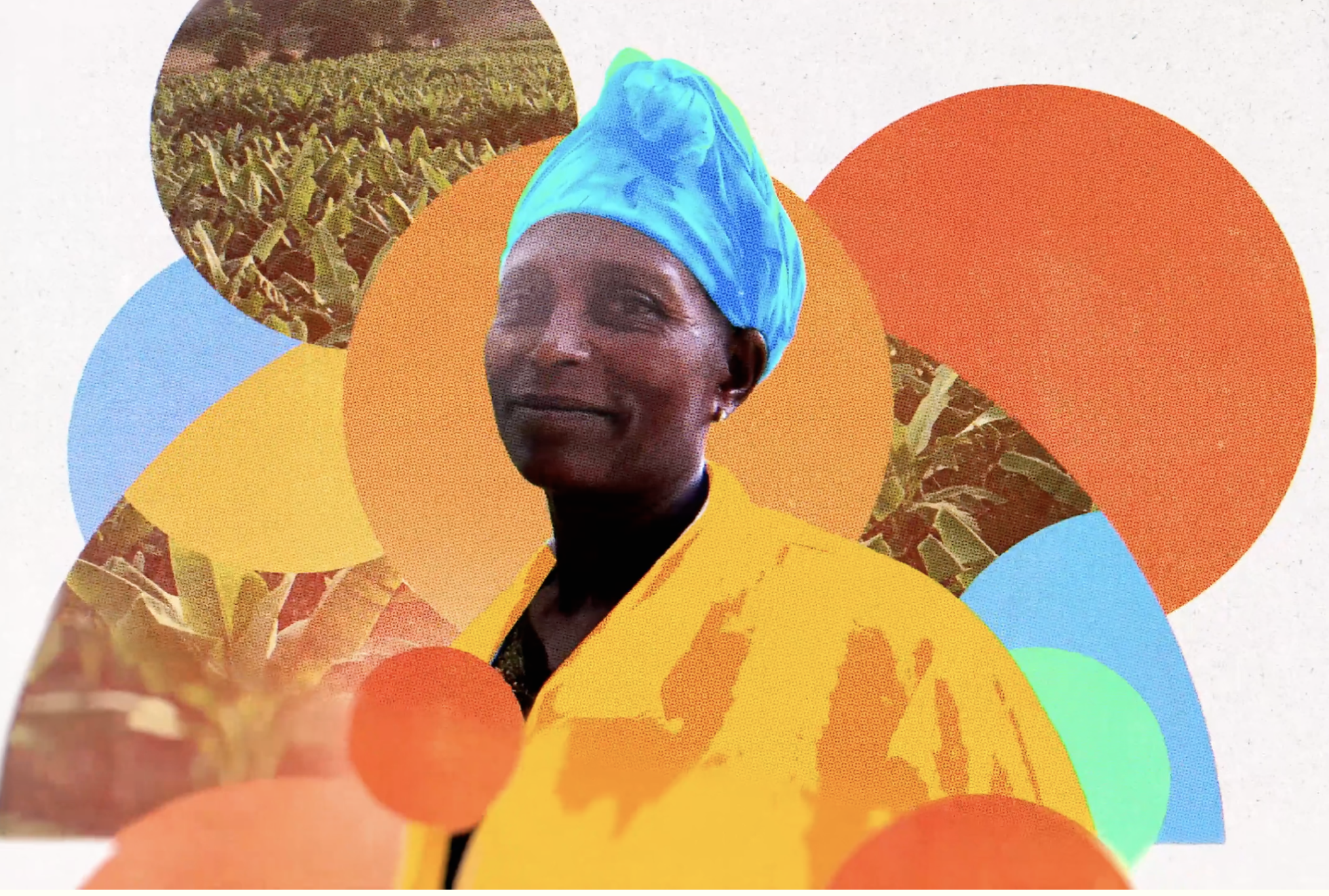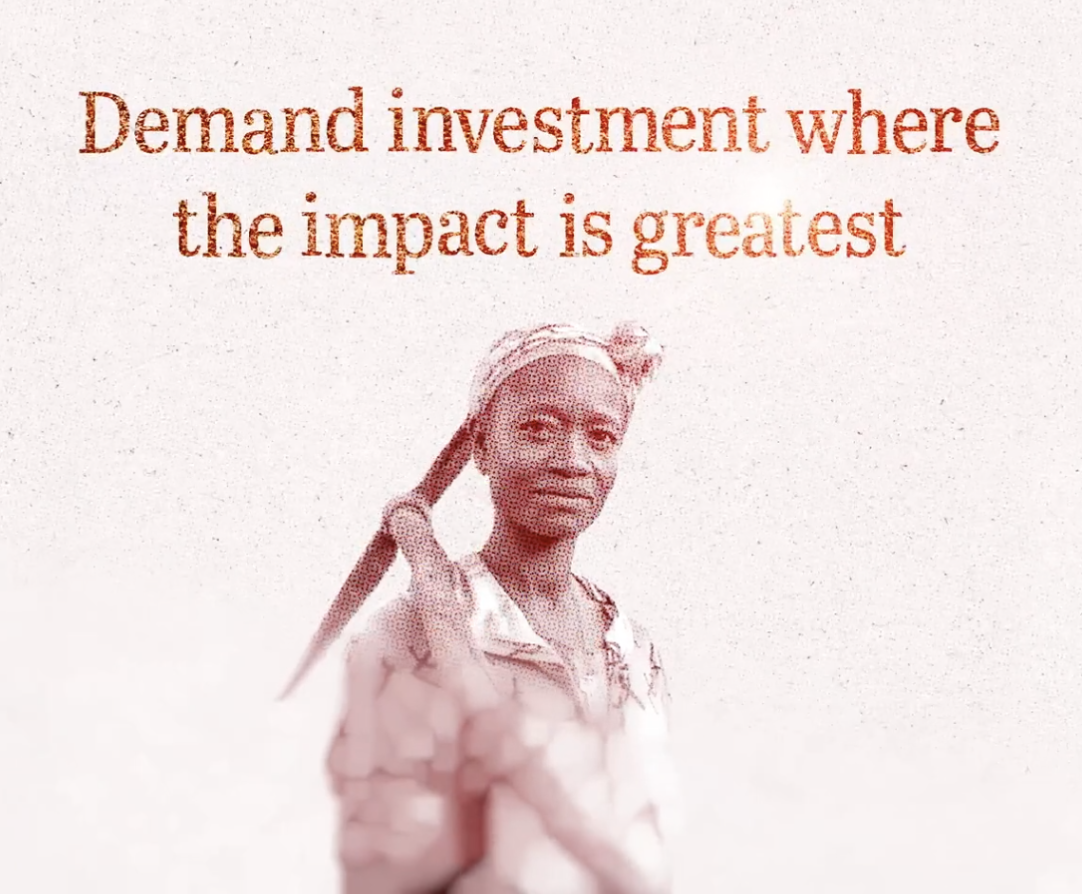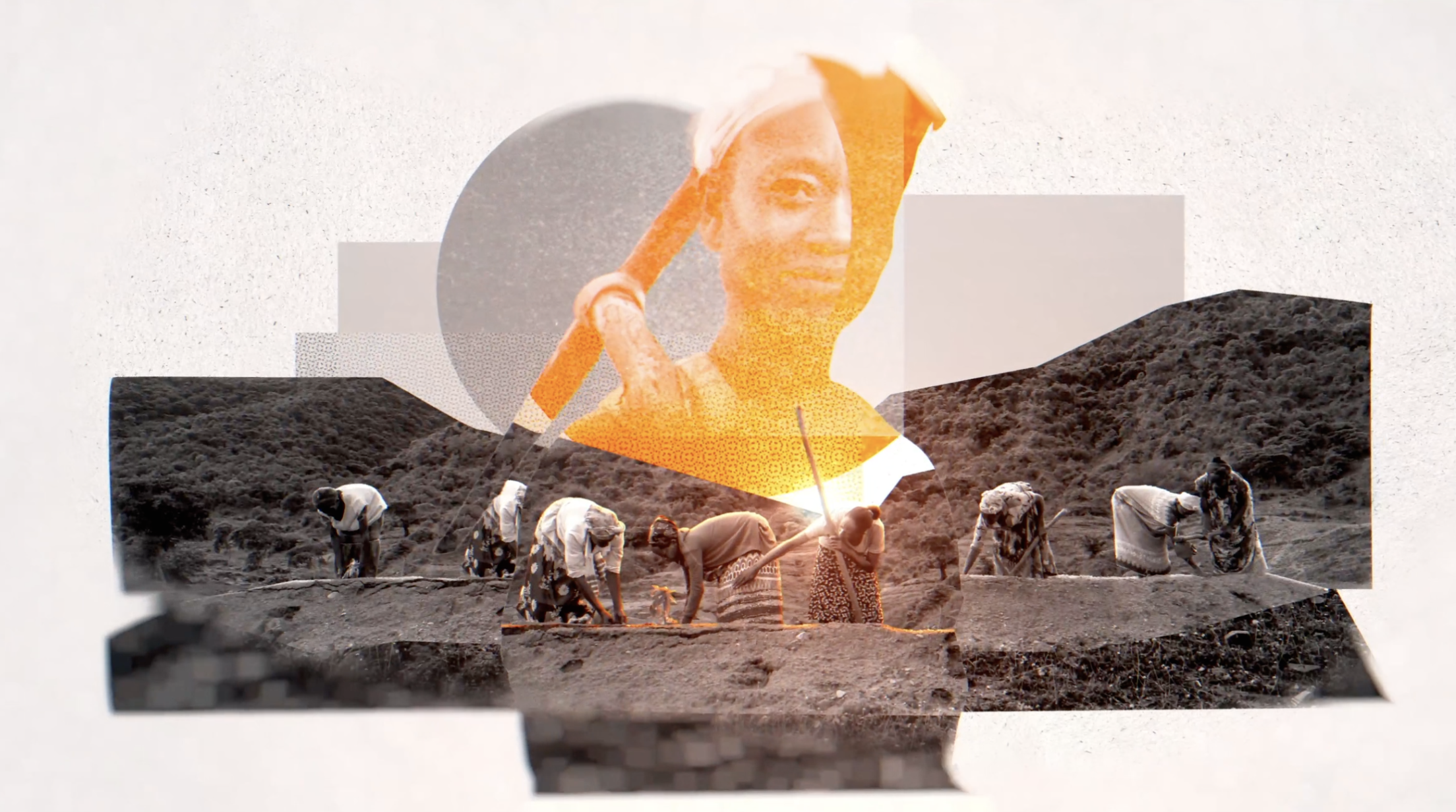Dear Readers,
This year, as the UN shines a long-overdue light on rural farmers, and women farmers in particular, Project Dandelion is celebrating the millions of smallholder farmers whose daily work sustains not only their families, but often their communities. In fact, 75% of the entire food ecosystem is often supplied by the food grown on small holder farms. Isn’t it time we stopped referring to these rural women and men as ‘smallholder’? They may be tending small plots of land, but their contributions are significant, not only in the regenerative practices which restore depleted soil, but also in leading front line innovations to adapt to the disruptions and challenges resulting from the changing climate everywhere.
The growing movement for regenerative agriculture has been powerfully captured in films like “Kiss the Ground” and “Common Ground”, available on Amazon prime, and the new global documentary on regenerative agriculture coming out next year, “Groundswell”. There is a ‘groundswell’ of stories documenting the big changes from the smallest places with a handful of soil, a farmer’s care, entrepreneurial spirit and commitment. They also affirm one of the commitments of Project Dandelion: to elevate these stories and amplify the solutions that can be scaled and shared.
We began our journey to understanding more about the impact of regenerative agriculture when Ronda Carnegie and I joined the Gates Foundation’s Regenerative Agriculture Convening in London in June. We had the opportunity to understand more fully the contributions of rural women’s initiatives and innovations as well as the big gap that exists between the work they lead and the funding needed to sustain and grow their impact.
All smallholder regenerative farmers, men or women, are an important source of healthy, accessible food in their communities and countries, and yet receive less than 1% of all climate finance. That’s not only a funding gap; it’s a $1 trillion missed opportunity to invest in the solutions for food insecurity that are growing in numbers in many places in the world.
Project Dandelion in collaboration with The International Fund For Agricultural Development's Gender Transformative Mechanism (IFAD) and in partnership with The PACT project in South Ethiopia Regional State, Ethiopia and the Nav Tejaswini project and Industree Foundation in Maharashtra, India, we signed on to create a global campaign with the goal of attracting more investment where it can have the greatest impact.
Working with our marketing/media team at WRTHY, we shaped a social media campaign intended to shift the perception of ‘small’ in the ‘smallholder farmer’ by highlighting the stories of two important adaptations being innovated and led by rural women farmers coming together to solve community and regional challenges.
If you’re interested in knowing more about other regenerative farming initiatives closer to home, check out
Regenerative Famers of America
Soil Health Academy Farm Registry
And going forward, Project Dandelion will be amplifying many more stories of the rural women and men farmers who are leading the work towards food security and towards better balance between our natural resources like the very soil that sustains us and holds the solutions to many of the human caused climate impacts.
For some of you, this may be an inspiration for you to become a ‘small holder’ gardener and tend the soil closest to you with the same care and commitment. It may inspire neighbors to do the same–this is happening in backyards and on city rooftops! Small in size, yes, but abundant in what we’re learning about adaptations to sustain and secure access to healthy food. And for many others, supporting access to healthy food is a ‘way in’ to becoming engaged in the work to shape a more sustainable, healthier, cleaner future.
At Project Dandelion, we think of this campaign and the much needed focus on rural women and men to be modeling the best attributes of the dandelion: climate resilient, able to grow and adapt in any climate and environment; providing through its own leaves, roots, and seeds, ways to heal and nurture, as regenerative practices heal the soil, and the dandelion’s ability to find even the smallest cracks to grow and flourish. With small or large solutions, also being unstoppable in a commitment to spread the seeds of the better future that we can build, together, from the ground up.
Together, we can help shift the narrative from charity to justice, from underestimation to recognition. Together, we can seed a livable future for all.
Onward!
- Pat
P.S. Forwarded this newsletter and find it informative? Subscribe here.
P.P.S. If you enjoy this newsletter, consider sharing it with friends and family!








